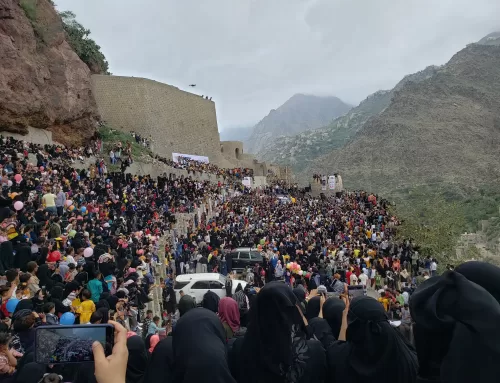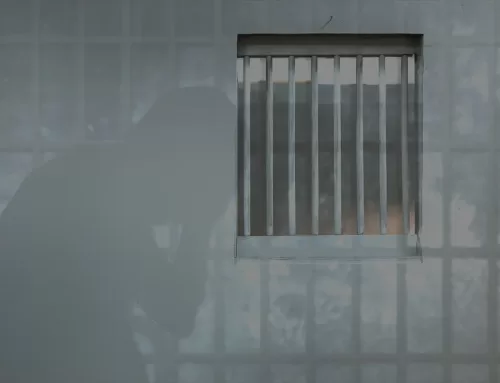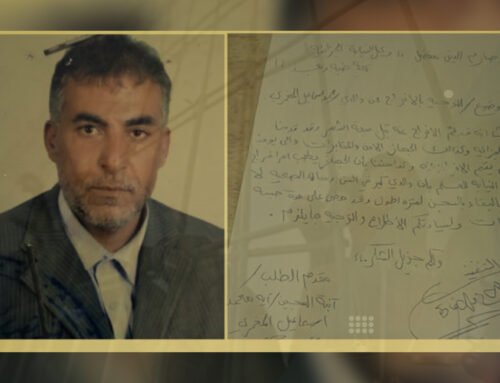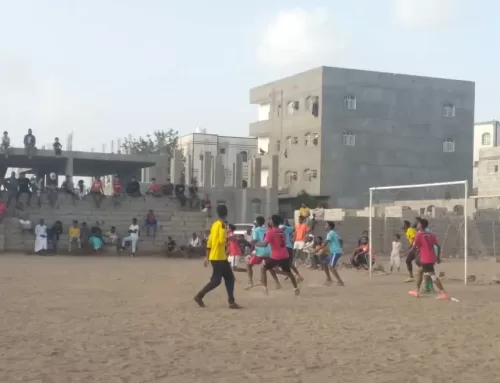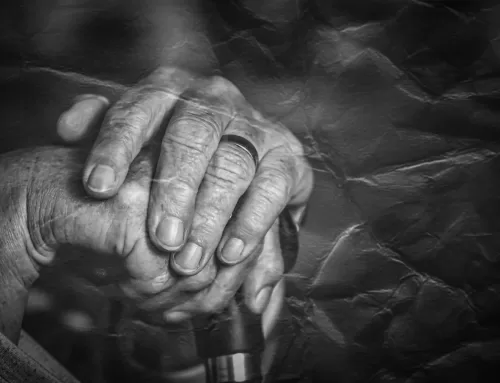A -24Hour Journey
“How The War Lengthened Our Journeys”
25 July 2021
BY: Mohammad Salem
It was half past eight in the morning when my phone rang: “Good morning Muhammad, the bus is ready…Come on, we are waiting for you!”
Before the war, I used to travel from Hais to Sana’a directly. But the military interface zone disruptions on the Hodeidah province road linking Hais and Al-Jarrahi districts in the west of the country and the presence of troops by both parties on opposite sections of the road has made travel very cumbersome. Instead of traveling 350 kilometers in a six-to-seven-hour journey, I was forced to go from Hais in the west to Aden in the south to reach Sanaa in the north, totaling a 24-hour journey.
Although there are shorter routes to go from Hais to Shameer, they travel through areas of clashes and are often planted with landmines. Moreover, these routes pose the risk of detention, especially for young men from the Hais-Al-Khokha region who are often classified as and accused of working for the other side of the conflict. Therefore, I travel to Sana’a through Aden.
Approximately five kilometers from Hais, we reached the first checkpoint. It was run by the 7th Giants Brigade (Salafi), which is one of the UAE-backed Joint Forces. A soldier there stopped and searched us, then asked about our destination. The bus driver replied, “To Aden, God willing.” We continued to Al-Khokha district and then to Mocha.
It was 11:30 a.m. when we reached Mocha. We stopped to buy qat and had lunch, which took us about 40 minutes, and then continued on.
At 4:30 p.m., we arrived at a Transitional Council checkpoint about 25 kilometers away from Al-Waht in Lahj province (south of the country). At the checkpoint, we were stopped by an armed boy, about 15 years old, who was wearing a gray undershirt, a Yemeni Ma’waz (loin cloth), and a brown shawl.
The armed boy asked the driver to pull the bus over to the side of the road and hand him the ID cards. My friend gave him his work card (which belongs to his employer) instead of his personal card. The boy took his card and asked him, “What is this card? Is there no other with you?” My friend replied, “I only have this.” The boy fell silent and allowed us to continue.
After another 25 kilometers, we reached the Al-Waht checkpoint controlled by the UAE-backed forces of the Southern Transitional Council (STC), Lahj province. Many people from Hodeidah complain that this checkpoint obstructs their travel to Aden. We saw about 30 people from Hodeidah who were stopped there and not allowed to enter Aden.
Previously a sporadic practice, discriminatory regional acts carried out by security forces affiliated with the STC have now become widespread, obstructing access for many northern civilians who have vested livelihood interests in the South.
One of the 20+ Transitional Council armed men at the checkpoint stopped us and asked the driver, “Where are you coming from?” The driver replied, “from Mocha.” The armed man ordered him to pull over and signaled to another to search our bus.
The gunman was about 20 years old. He asked for IDs, and I handed him my passport. He took the travellers cards and the passport, and he handed them to another armed man. This man, who was about 30 years old, came to the bus and asked me and two others to get down. He told us, “You go back to where you came from. The rest of the you can continue on the bus.” I asked him, “Why us?!” He simply replied, “It is so, and if you have something to say, go and talk to the commander.”
I went with the other two passengers to the commander. He was on the opposite side of the road. with a thick beard, sitting on the driver’s seat of a military vehicle and chewing qat. The military vehicle had the emblem of the STC Security Belt Forces. We were escorted by the soldier who had asked us for the ID cards; he was still holding my passport.
After I arrived at the commander’s vehicle, I told him: “I gave my passport and did not give the card of the organization I work with.” The commander said, “Ha, are you with an organization?” I replied “yes” and showed him the business card. He replied, “then continue.”
I came back with the two passengers who were with me, all pretending to be working with an organization, when in fact we were not.
We got on the bus and set off. We had two roads to Aden to choose from, either the Buraiqa road or the Bir Ahmad Road. The driver took the Bir Ahmed Road because the Buraiqa road had checkpoints that are difficult to deal with. We arrived at Aden at the time of the sunset prayer, and then I proceeded to the Peugeot taxi terminal (local transportation terminal), to look for transportation to Sana’a. One of the drivers there asked me, “to Sana’a?” and I said “yes.”
It seemed that there were no passengers at this time. I boarded the Peugeot. I was tired from the journey to Aden. I waited for about half an hour, but only one other person came. I was about to leave and go to the nearest hotel to stay overnight in Aden, but the driver had mail deliveries to Sana’a and wanted to travel anyway.
Then someone else came along and we were four, including the driver. We moved after the evening prayer and stopped for dinner in one of the restaurants in Aden before carrying on. We headed towards Wadi Al-Qabaitta. It was about midnight when we entered the wadi.
It took us about two hours to drive through the wadi, because the road was rough. Then we arrived at the areas controlled by Ansar Allah (Houthis), and stopped at their first checkpoint. An armed man asked us, “Where are you going?” We answered: “Sana’a.” Then we continued, passing by Al Rahida, Warazan and Dimnat Khadir, before arriving at the city of Taiz.
At the Haifan checkpoint, an Ansar Allah (Houthi) gunman stopped us and asked the same question about the destination, then he told me: “You have been to Aden three days ago, to collect your salary, and now you are back to Sana’a?” I replied: “What salary do you mean?” He said: “You are a soldier, right?” I replied, “No.” Despite his displeasure, he let us to move on.
We continued our journey. At about 07:00 a.m., we were stopped at the Dhamar city checkpoint. They asked us where we were coming from, and the driver told them Aden. We were asked for our IDs. He compared names against a list in his notebook, then returned them to us.
We kept moving, and at 9:30 a.m. we arrived at Sana’a after a full day of non-stop travel. My body felt like that of a 100-year-old man who wanted to get up from his position but could not.


